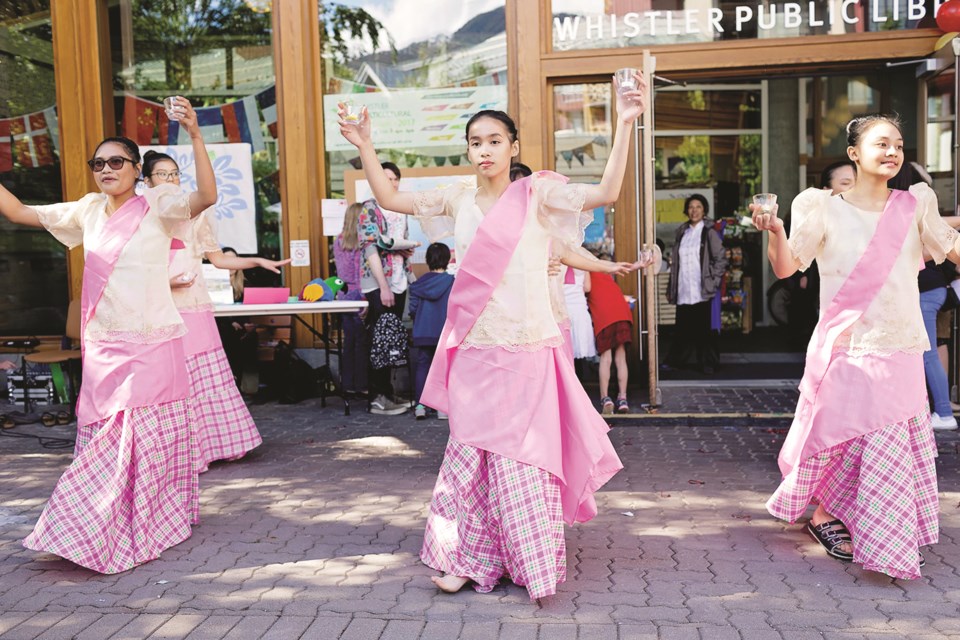At its first Anti-Racism Roundtable, held over Zoom last week, the team at the Whistler Multicultural Society (WMS) was looking for input from virtual attendees on what supports they’d like to see locally to help address racism and discrimination. But the conversation, at turns heated, raw and vulnerable, didn’t make it that far.
“That was very unpredictable, first of all. But I think if you look at the end result, it’s a step up towards addressing this issue in society,” said WMS member and former Syrian refugee Mohammad Aljamous, who goes by Jamous.
It was the kind of challenging discussion, touching on issues of representation, white privilege, and inclusivity, that you don’t often hear in such a public forum in Whistler, and one the WMS hopes to facilitate again in the future. (The specific contents of the meeting are confidential.)
“In general, the feedback I had was that it was hard, but necessary,” said Carole Stretch, program manager for the WMS.
The WMS held the meeting after joining the Resilience BC Anti-Racism Network, a provincial initiative connecting communities with information, support and training to respond to and prevent future incidents of racism and hate, in November. With approximately $7,000 of grant funding in hand, the WMS will serve as Resilience BC’s Whistler branch, alongside similar outposts in Squamish and Pemberton.
“What we are trying to do is set up a huge array of supports, and it’s not for us to decide what people in the community want,” Stretch noted.
WMS president and Filipina immigrant Priscilla Belanger is hopeful the local initiative can serve as a resource “for immigrants and all people coming to the community” to be able to identify and respond to incidents of discrimination, especially for those who may not have the language to do so.
“For some, English is not our first language. The majority of those people will be focusing their energy on working, on learning, and being an expert in being articulate and expressing themselves is not their priority,” she said. “Being able to express themselves on these matters is important. The call to end racism isn’t about who is the loudest.”
Tapped as the project lead, Jamous also wants to incorporate social media training and protocol into the initiative, given how challenging it can be to respond to incidents of hate online.
“You can’t really cut it off or cancel it, but you can minimize or eliminate the number of [racist] incidents that happen online,” he said. “I think by speaking more about the issue in the community, you give other people the opportunity to be aware of it.
“If we can’t change [some people’s] behaviour, at least we can train the people who encounter racism how to respond.”
This speaks to a key goal of the WMS and Resilience Network, Belanger said: “To train people to move from being a bystander to someone who is taking action” in calling out racism.
Whistler remains predominantly white, with 78 per cent of permanent residents coming from a European background, according to the most recent census data, and is largely considered a progressive, educated community, which can make it difficult to acknowledge that racism and intolerance does happen here, Jamous said.
“Whistler looks like the ideal bubble, it looks like everyone is happy and everyone is skiing and having fun,” he said. “But there is still sometimes discrimination in the streets, on social media, and in the workplace. I think the challenge will be to make sure people understand that such a problem exists here.”
The WMS is now looking to form a committee made up of WMS members and local Black, Indigenous and other people of colour to plan next steps on how to push this initiative forward.
For more information, email [email protected].




